Mayssun Succarie
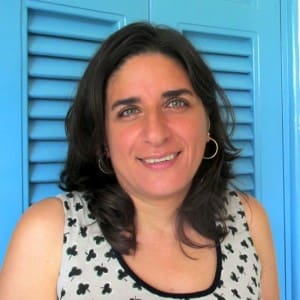
Al-Shabaka Policy Member Mayssun Succarie is a postdoctoral scholar in the Cogut Center for the Humanities at Brown University. Her research covers the Political Culture of Development in the Global South with a focus on the Arab region. She taught for three years at the American University of Beirut in the departments of Sociology, Anthropology, and Media Studies as well as the Center for Arab and Middle Eastern Studies. In 2012, she was the ARCAPITA visiting Professor at the Middle East, South Asia and African Studies-MESAAS at Columbia University. Mayssun has a doctorate in Anthropology and Education from the University of California, Berkeley.
Mazen Masri
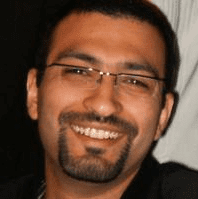
Al-Shabaka Policy Member Mazen Masri is a Senior Lecturer in law at the City Law School, City University London. His areas of research are constitutional law and public international law, and has published a number of articles and book chapters in these areas. Mazen holds degrees from the York University (Canada), the University of Toronto, and the Hebrew University. He is a qualified lawyer and has served in the past as legal advisor to the Palestine Liberation Organization (PLO).
Mariam Barghouti
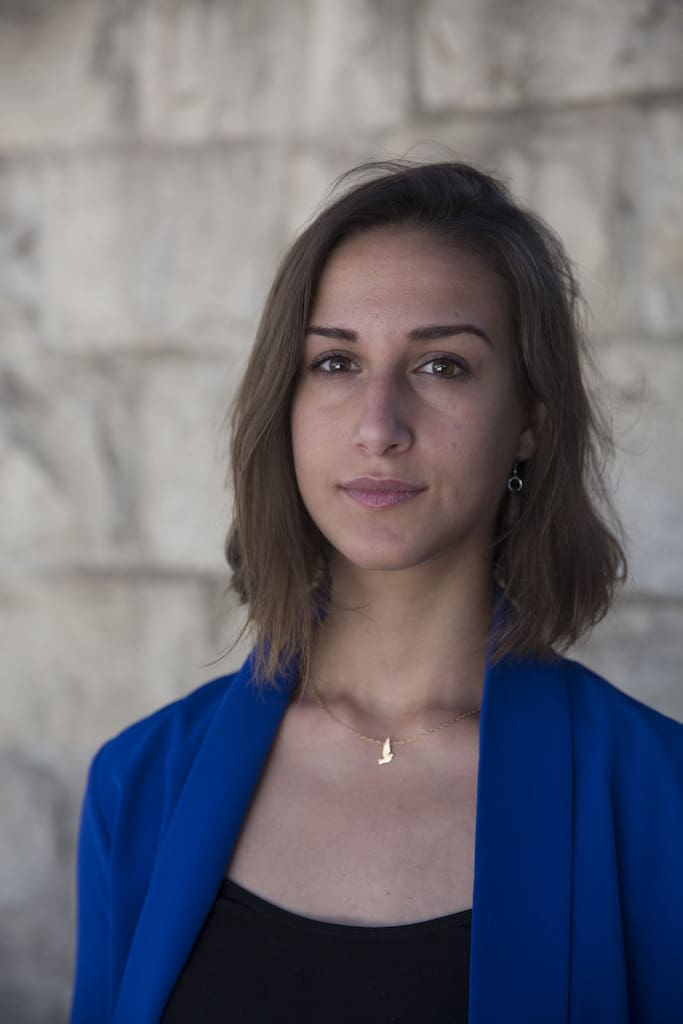
Mariam Barghouti is a Palestinian writer and researcher based in Ramallah. She earned a BA in English Language and Literature from Birzeit University, and an MSc in Sociology and Global Change from the University of Edinburgh. She worked as a journalist and reporter with a focus on the Levant, and published various sociopolitical commentaries from Palestine. She has undertaken monitoring and evaluation missions of humanitarian and development aid in Jordan, Palestine, and Lebanon for various governmental and non-governmental organizations. Her reporting and analysis have been featured in Al-Jazeera English, the New York Times, the Guardian, BBC, and Middle East Eye, amongst others.
Mary Nazzal-Batayneh
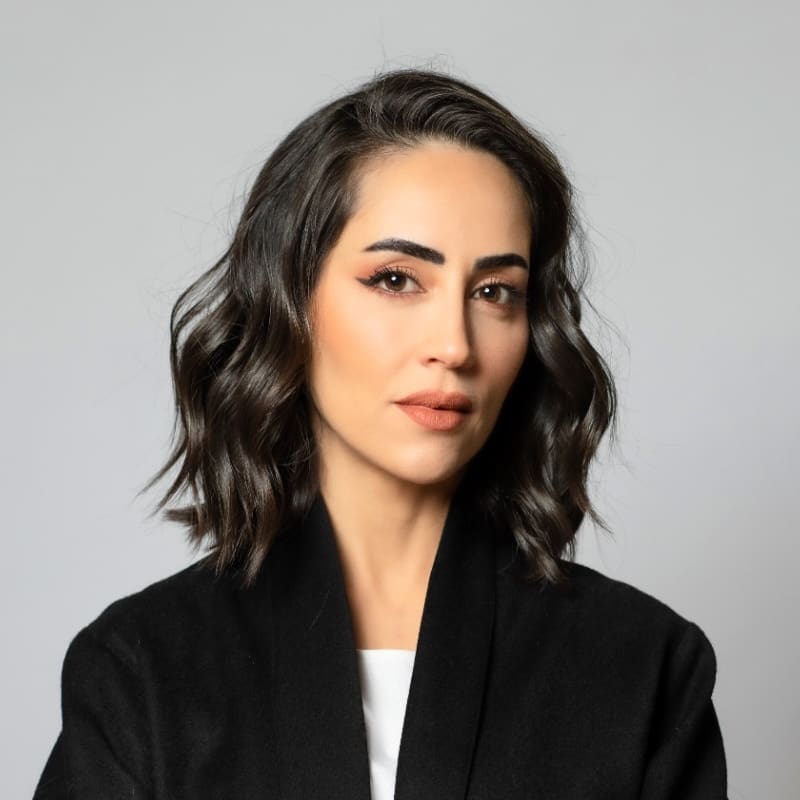
Mary Nazzal-Batayneh is a UK barrister with vast experience campaigning for human rights. She has worked with several civil society organizations including the Anti-Apartheid Wall Campaign. In her capacity as the Chair of the Palestine Legal Aid Fund, she is part of a legal movement to hold Israel accountable for crimes committed against the Palestinian people. She holds degrees from Columbia University, SOAS University of London, the College of Law, and Inns of Court School of Law. Mary is also the President of Landmark Hotels.
Maureen Ali

Al-Shabaka Policy Member Maureen Ali, former cultural editor of The Middle East magazine, is a writer and film-maker based in Beirut. She is the editor of the book “A Lost Summer,” a compilation of blogs, texts and other writings about the 2006 Israeli War on Lebanon and wrote the texts for “Watercolors,” a campaigning book by photographer Mazen Jannoun about the state of the Lebanese coast. She is an active member of Inaash, Association for the Development of Palestinian Camps, Beirut.
Maxim Sansour

Al-Shabaka Policy Member Maxim Sansour is an elections specialist with a focus on electoral communications and media relations. Over the last nine years he has regularly advised election commissions in Palestine, Tunisia, Libya and Yemen. He also frequently works on media reform initiatives in the Middle East and most recently has been a communications advisor to the Libyan Constitutional Drafting Assembly. Maxim lives in London and holds an MBA from Baruch College in New York and an MA in Global Politics from the London School of Economics (LSE).
Maisa Shquier
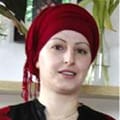
Al-Shabaka Policy Member Maisa Shquier is an activist and D.Phil candidate at the Institute of Development Studies, University of Sussex/UK. Her ethnographic research investigates the intersection between gender, sexuality, nation, body politics and embodiment. Specifically, it examines the gendered and sexualized representations of Palestine, through a discourse analysis of the “New Historians” and the visual images of Palestine. She has 10 years of development experience with local and International NGOs in monitoring and evaluating projects in gender, disability, health, food security, water and sanitation and civil society. She has worked on policy formation on gender, disability, sexuality, masculinity, and women’s political participation in the Middle East.
Majd Kayyal
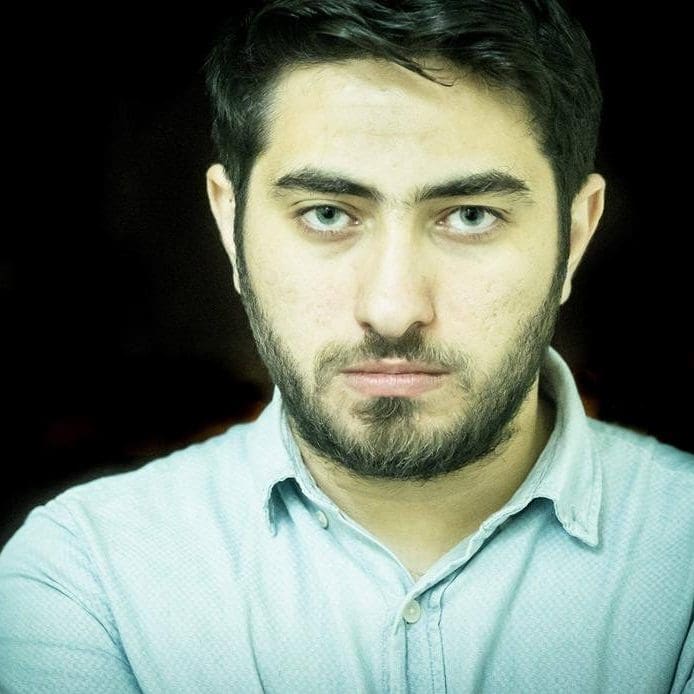
Al-Shabaka Policy Member Majd Kayyal was born in Haifa in 1990 to a displaced family from Barwa village. He studied philosophy and political science at The Hebrew University of Jerusalem. Kayyal writes for Al-Safir’s supplement printed in Beirut. He has published political and literary articles in several publications and newspapers, and has maintained a personal blog since 2010. His first novel, “The Tragedy of Mr. Matar,” won the Abdel Mohsin Al-Qattan Foundation’s Young Writer Award for 2015.
Mariam Al-Mozian
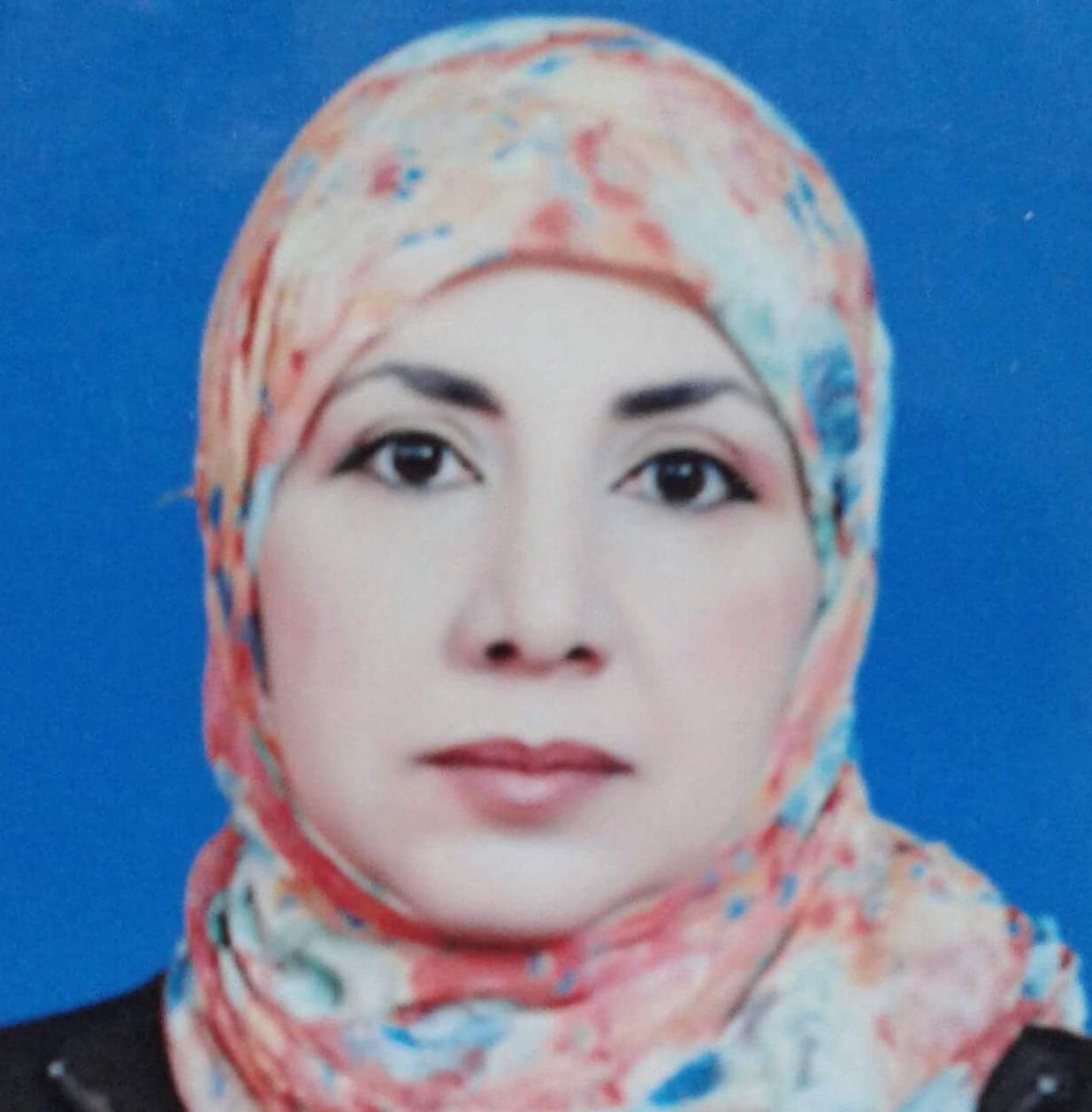
Al-Shabaka policy member Mariam Al-Mozian lives in Gaza and holds a PhD in Political Science from the Institute of Arab Research and Studies. She previously worked as media officer at the General Union of Palestinian Women and as an adjunct professor at Al-Quds Open University in Rafah. Her work specializes in assessing civil society institutions’ programs and their suitability for the Palestinian context, including research on the role of civil society institutions in empowering young women leaders.






